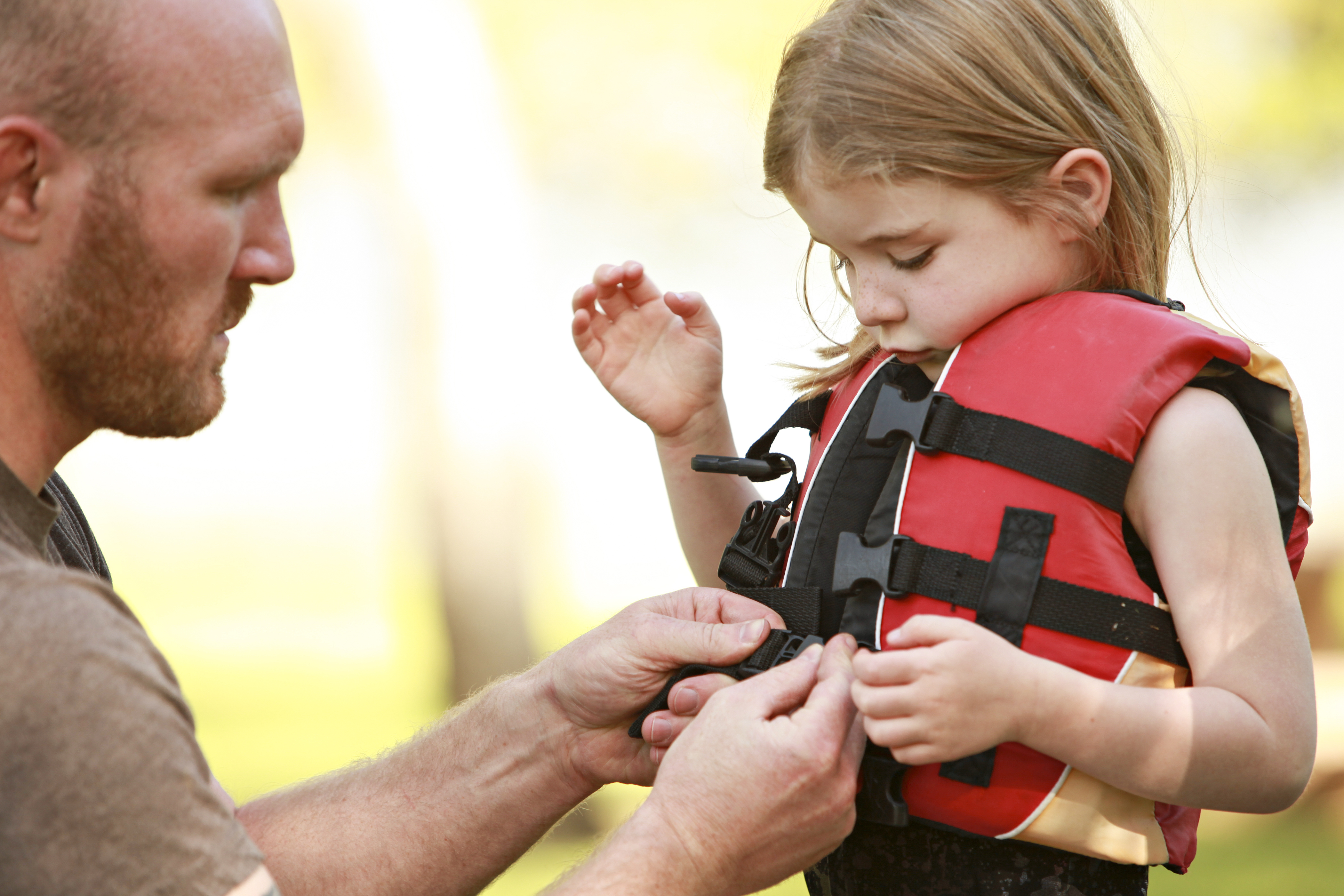Summer is here and as a way to stay cool, families flock to pools, lakes, and beaches. While fun, it's crucial to emphasize the importance of water safety for children. Drowning is a leading cause of accidental death in children, and many tragedies can be prevented with proper supervision and safety measures. Dr. Katie Hryniewicz, Pediatrician at Palouse Pediatrics of Pullman Regional Hospital, shares 3 key strategies to keep children safe around water.
1. Supervision
Dr. Katie emphasizes the importance of close supervision, “All children need close and active supervision by an adult or a ‘Water Watcher’!”
- In group settings, tragedies often occur because people assume someone else is supervising children in the water. Parents and adults can minimize this.
- Designate a “water watcher” whose sole responsibility is to supervise the children around the water.
- Give that person a dedicated time (such as 15 minutes) that they are the person in charge. Switch off frequently to give people breaks.
- This person should be at least 16 years old, have the skills/knowledge and ability to recognize and rescue someone in distress, know CPR (or be able to alert someone immediately who does), have a working phone to call 911 and be ALERT, not under the influence of drugs/alcohol or distracted by texting, talking or reading.
2. Water Competence
“Learning to swim should be a priority,” recommends Dr. Katie. “It is a life skill and can help prevent drowning!”
- Swimming lessons: When a child starts depends on many factors – including risks (e.g. do you have a backyard pool? Or spend a lot of time around water?), their emotional and physical maturity, developmental abilities/limitations and comfort level in the water.
- Getting Started: Around ages 1-4 participation in parent/child swim lessons are a great way to introduce good water safety habits and start building swim readiness skills. There is data that shows this reduces risks.
- Increasing Competence: “Children ages four and older, swim lessons are a MUST to learn basic water survival skills such as floating, treading water and getting to an exit point,” says Dr. Katie.
- “Water Competence”: The goal is to be swimming well enough to be safe AND save their own life. Only 56% of Americans can do all of these competently!
- Step or jump into water that is over your head and resurface.
- Float or tread water for at least one minute.
- Turn over and around in the water.
- Swim 25 yards without stopping.
- Find an exit, and exit the water.
3. Layers of Protection
Employ multiple things to decrease risk! Dr. Katie recommends the following to help decrease the risk of drowning.
- Make sure there are barriers, such as fences, around pools/spas to avoid unintended access to water.
- Teach your children what their skills and limits are around water.
- Teach your children to ask permission to get near or into water.
- Life jackets and floatation devices are very important. It is recommended to use U.S. Coast Guard approved life jackets that are properly fitted and buckled. Puddle Jumpers may fit into this category in some situations, but can also have downsides, such as teaching children not to properly use their arms in the water. It is also important to note that Water Wings or other pool floaties do not count as an approved flotation device and serve minimal purpose other than a false reassurance.
- Know how to recognize distress and respond when there is trouble. Learn CPR and safe rescue techniques for the water.
- Swim in areas with a lifeguard on duty.
- No one swims alone – even competent swimmers!
By incorporating these strategies into your family's water safety plan, you can create a safer environment for your children and others around water. Active supervision, swimming skills, and multiple layers of protection are key to preventing drowning and ensuring a fun and safe summer for everyone. Stay vigilant, be prepared, and enjoy the water safely this summer!
To establish care or schedule an appointment with Dr. Katie, or another pediatrician at Palouse Pediatrics, please call our Pullman (509-332-2605) or Moscow (208-882-2247) office. Learn more by visiting the Palouse Pediatrics website.
